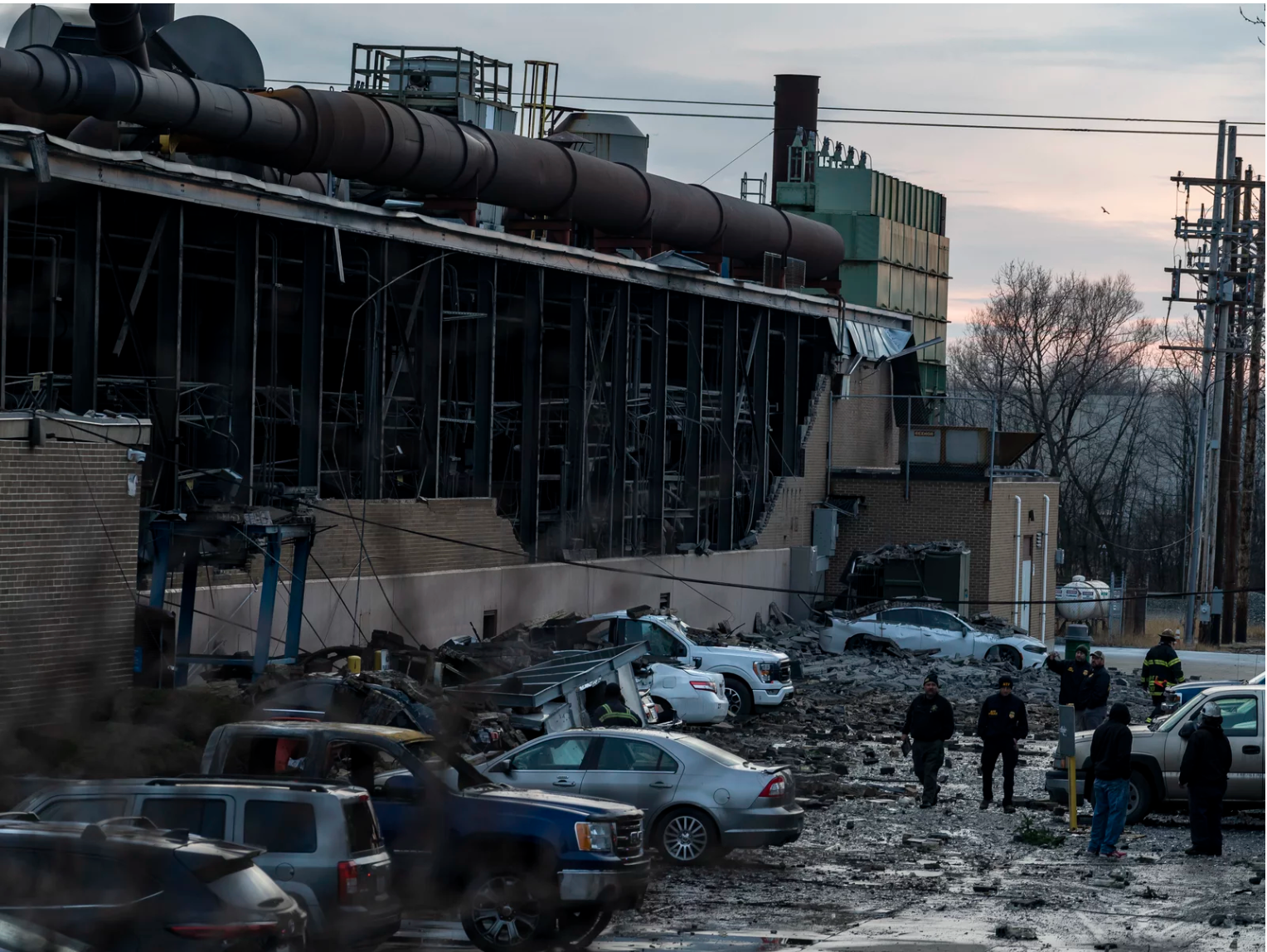Fighting Back Against the US Manufacturing Workforce Shortage: Specialized Programs and Nonprofits
Elizabeth Ruiz
Posted on 8/9/2023
The US is facing a manufacturing workforce shortage due to retirement, a focus on college instead of trades, lack of access, among other factors. What is being done to remedy this quickly growing problem?
The National Association of Manufacturers has estimated that the manufacturing industry’s job gap will reach 2 million by 2023. This shows that there are not enough qualified workers and that there aren’t enough people willing to work in manufacturing industries. There is also an issue of people who are willing but are without access to gain the skills and knowledge they need to join the workforce. There are people with untapped skills, such as the Army Reserve. Across the country, specialized organizations, educational programs, and nonprofits are being formed to fight back against the manufacturing workforce shortage, addressing specific needs in different communities.
Manufacturing USA Network
Manufacturing USA consists of 16 institutes around the US covering industries including renewable energy, cybersecurity, and bioindustry. Its key initiatives are leadership in manufacturing technology, COVID-19 manufacturing recovery, future manufacturing supply chains, clean energy manufacturing, and manufacturing workforce development.
Manufacturing USA is pushing back against the manufacturing workforce shortage by providing retraining programs to improve the skills of the current workforce; defining new careers arriving with advances in automation, robotics, AI, and data analytics; and getting future STEM talent interested in manufacturing. Each of the institutes is working with educational organizations and industry to encourage new interest in the field and improve the skills of the workforce we already have. Programs include everything from mid-career training to summer camps.
Future48 Workforce Accelerators
Up to six of these programs will launch in Yuma and Kingman, two rural areas of Arizona. Arizona is quickly emerging as an epicenter of emerging tech. Between 2017-2021, the state saw a 12% increase in manufacturing employment. The goal is to make sure that people living in rural areas will have the access to benefit from the manufacturing and tech companies that are becoming established. As of now, two have been set up:
One program, expected to be operational in 2024, will expand the Wellton Manufacturing Training Center at Arizona Western College. It will offer training in electrical technology, solar installation, broadband fiber optics, and advanced manufacturing.
The second program, planned for 2025, will be a collaboration between Kingman Airport and Industrial Park and Mohave Community College. The program will provide resources related to the region’s rapid growth in manufacturing, transportation, and mining. It will be the first Advanced Manufacturing Training Center in NW Arizona.
Progressive Pipe, NUCOR Steel, the KAMMA organization, and Arizona Sommers Cooling and Heating are among the companies that will work with Future48.
Nonprofit Efforts in the Manufacturing Workforce Shortage
Access to Manufacturing Careers
Since its inception in 2020, this 3-week training program in Cleveland, OH has 113 graduates who have gotten jobs in manufacturing. The trainees earn $14/hour as they learn the fundamentals of the manufacturing industry. It is part of a larger organization called Towards Employment which focuses on helping people with lower income and prior criminal justice system involvement enter manufacturing, healthcare, and other in-demand career paths.
Jane Addams Resource Corporation (JARC)
Having opened in 2017, this program has placed 274 people in manufacturing jobs. Focusing on long-term outcomes, support services such as job coaches and emergency crash assistance are offered to trainees before and after they find work. This organization started in Chicago, IL and has expanded to Maryland and Rhode Island
Northland Workforce Training Center
Located in Buffalo, NY, this training center boasts almost 900 students that have earned certificates or associate degrees in manufacturing and energy. Students enjoy access to a support team including an admissions and financial aid coordinator, a job coach, and a placement specialist. Housing and medical assistance is also available.
Wisconsin Regional Training Partnership
This organization focuses on helping traditionally underrepresented groups (particularly women and people of color) to access the education, training, and skills they need to start a career path in emerging industries in the region, such as manufacturing and construction. They have helped hundreds of people enter the workforce and earn living wages.
Conclusion
In the face of an imminent US manufacturing workforce shortage, a comprehensive array of solutions is emerging to tackle this critical challenge. From Manufacturing USA Network’s multi-pronged approach to retraining and cultivating STEM interest, to Future48 Workforce Accelerators’ drive for rural accessibility, the manufacturing sector is witnessing a transformation. Regional nonprofits underscore the importance of inclusivity and sustained support in reshaping the industry. Programs like this are working to gather to show future maintenance professionals that a career in manufacturing is a desirable one. Together, these efforts signify a united push to bridge the workforce gap, ensuring a resilient and diverse future for US manufacturing.
Sources (not linked in article):
AP News Arizona Workforce Accelerator
(Some information provided to AP news by the Chronicle of Philanthropy)
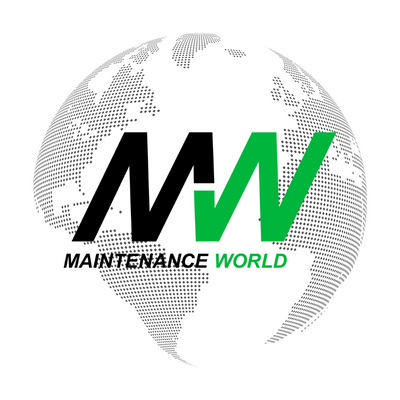
Midweek with Maintenance World
Looking for a midweek break? Keep up with the latest news brought to you every Wednesday by the Maintenance World crew.
Related Articles

Cardinal Manufacturing, Helping to Bridge the Manufacturing Skills Gap
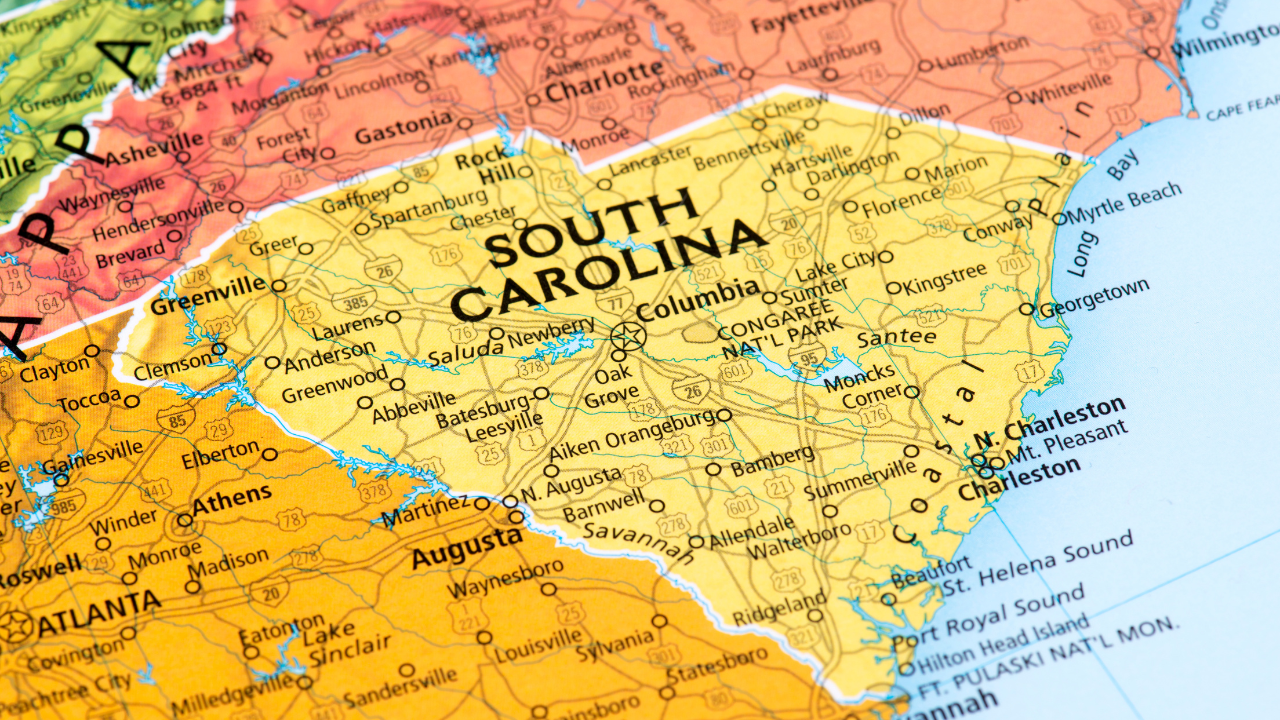
South Carolina Ranked as the #1 State for Manufacturing
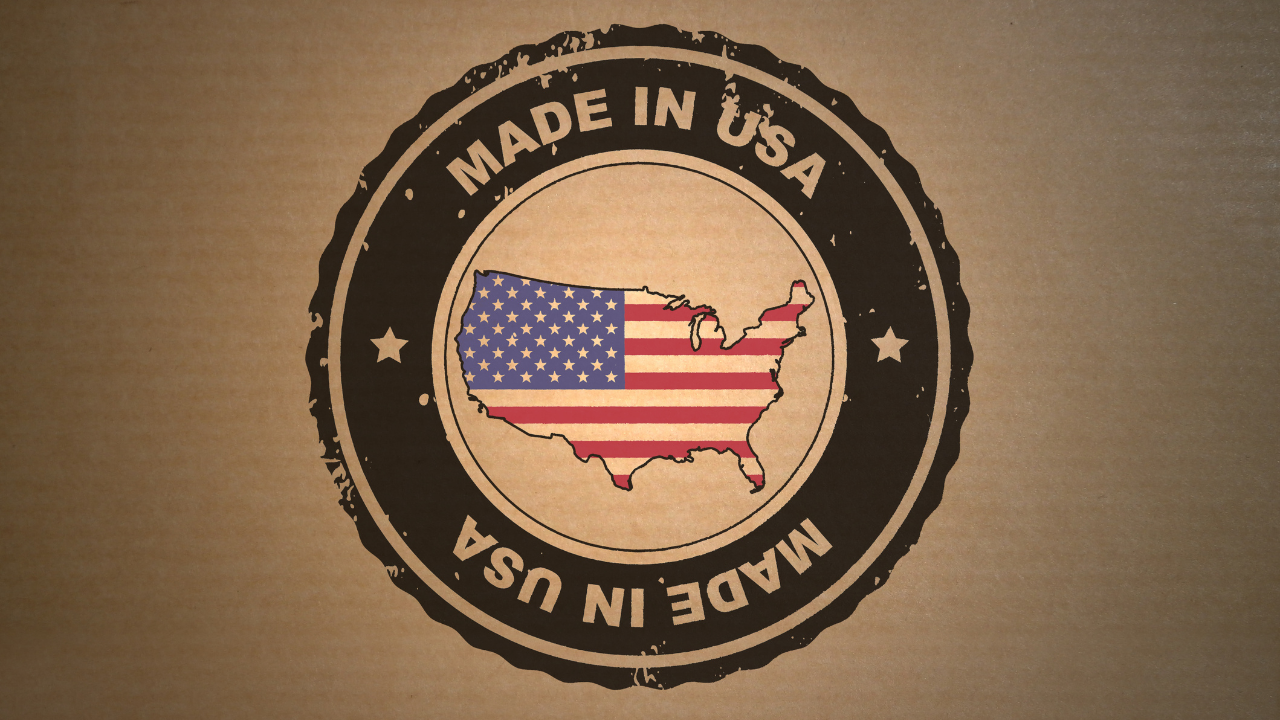
The Decade of American Reshoring
Lost Radioactive Capsule Proves Preventive Maintenance is as Important as Ever
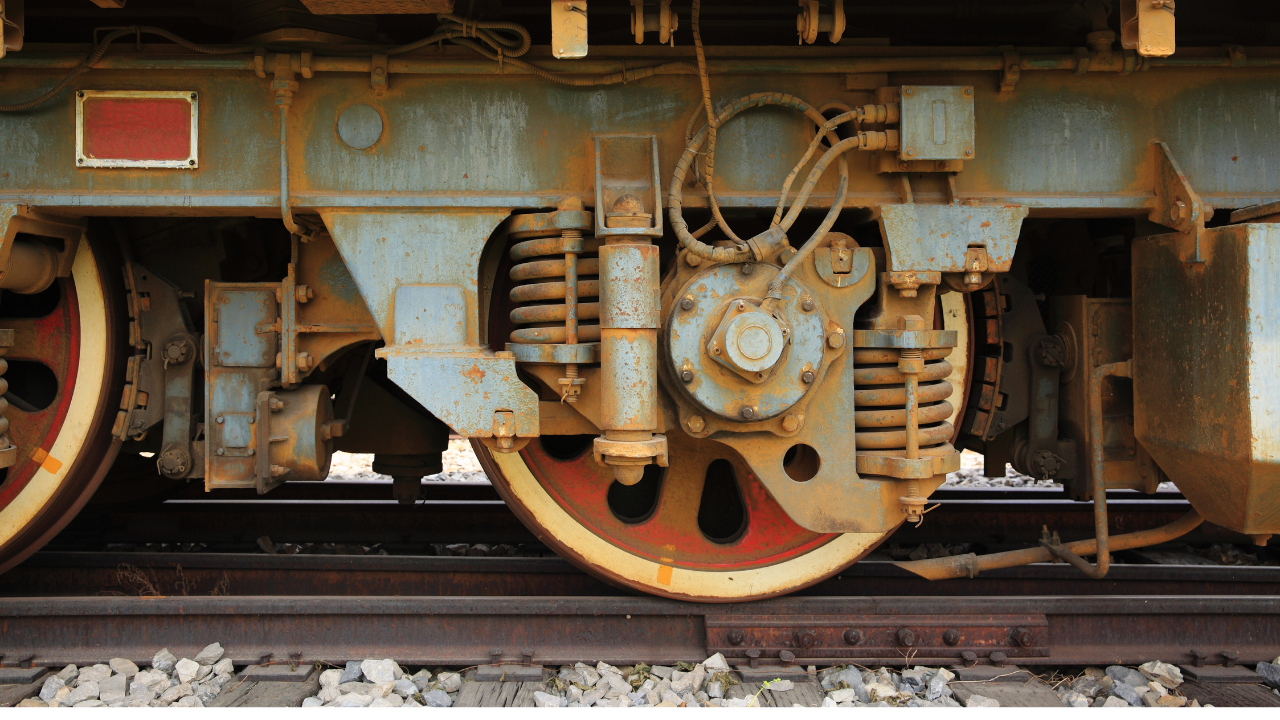
HBD Condition Monitoring Devices at the center of Ohio Derailment
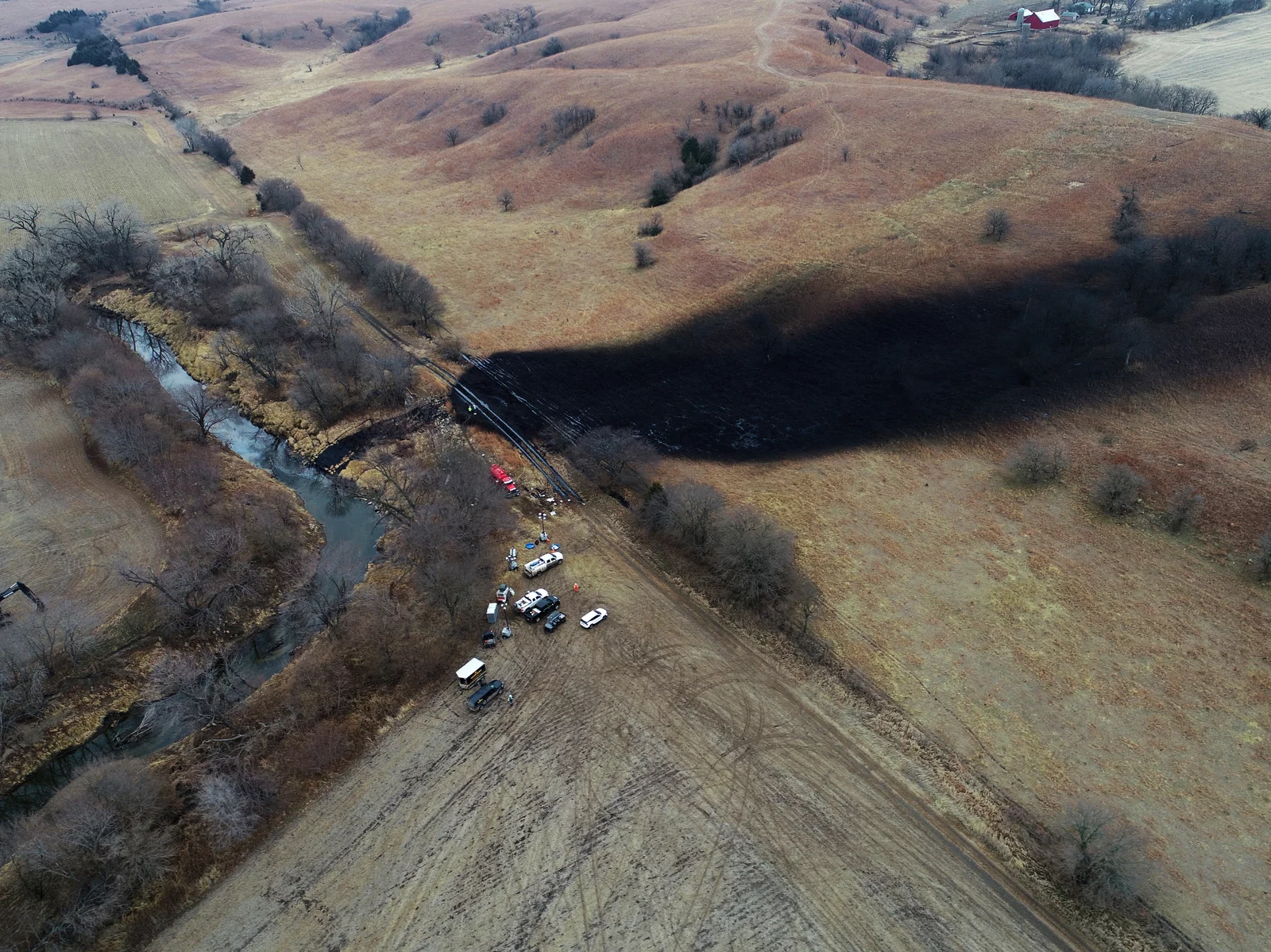
Failure Analysis Uncovers the Cause of the Keystone Oil Spill
